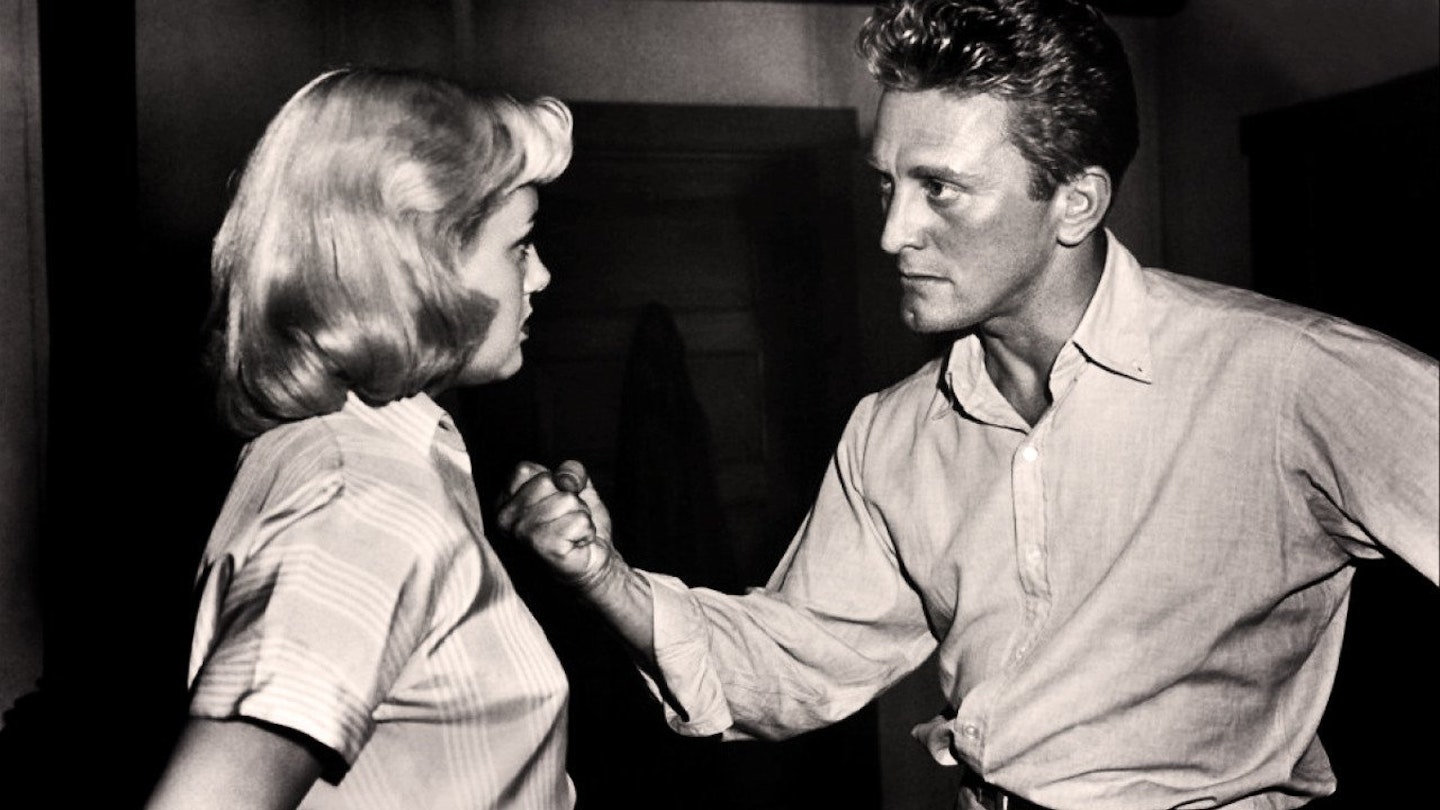Screenwriters Lesser Samuels and Walter Newman were Oscar nominated for this hard-nosed, fact-based Billy Wilder melodrama, which dared to suggest that American life more closely resembled the cold, cynical core of a Frank Capra picture than the cornball, feel-good finale.
Robert Riskin, who had scripted such Capra classics as Mr Deed Goes to Town (1936) and Meet John Doe (1941), had already hinted that the American Dream was going sour in Magic Town, a 1947 satire, in which a homely burgh is corrupted when James Stewart proclaims it the embodiment of US universality. But, Wilder took such coy irony to its logical extremes in this savage follow-up to Sunset Blvd. (1950) and audiences who had only just seen Kirk Douglas betray the badge in William Wyler's Detective Story (1951) knew exactly what to expect when his New York hack walked into the office of an Albuquerque newspaper which proudly hung the hand-embroidered motto `Tell the Truth' on its wall.
The very fact that Ace in the Hole (which Paramount re-issued as The Big Carnival, hoping to recoup some of its box-office losses) is one of the innumerable movies to have been lampooned by The Simpsons proves that this neglected classic has only grown in relevance since it first exposed the pernicious underside of celebrity culture. But in the early 1950s, audiences were appalled to see both decent, small-town folk cashing in on the misfortune of Leo Minosa (Benedict) and the undisguised relish with which Tatum approaches his work, which begins with him delaying the rescue for publicity purposes and ends with him exploiting the plight of the victim's already stressed wife, Lorraine (Sterling).
Douglas is chillingly superb, as he manipulates the amorality of his neighbours, whose ghoulish fascination with his `human interest' story will be familiar to anyone addicted to tabloid tittle-tattle.

